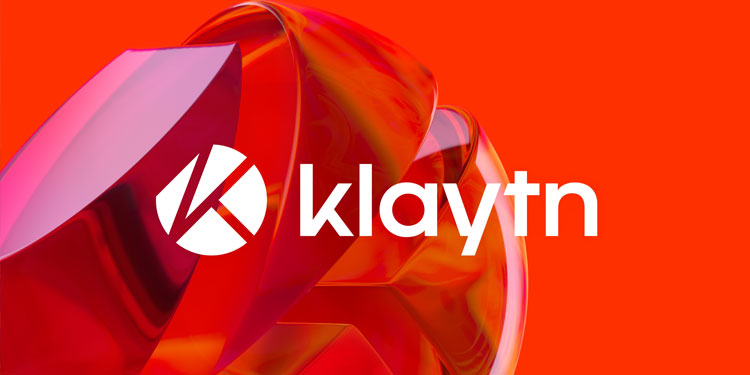
The StateDB, a critical component of blockchain data administration encompassing account and storage trie information, has faced challenges as blockchain networks mature and transaction volumes surge. The StateDB is crucial for housing blockchain accounts, and it utilizes the Merkle Patricia Trie (MPT) structure to store data and node references. Unfortunately, the MPT structure’s replication of data and node references has led to an exponential rise in StateDB volumes, a phenomenon known as blockchain bloating.
Addressing Blockchain Bloating: Klaytn’s New Approach to Efficient Data Handling
Traditionally, addressing this issue necessitated offline reductions. However, Klaytn’s StateDB Live Pruning introduces an innovative remedy, leveraging the power of Exthash. This unique approach could potentially reshape how StateDB enlargement is handled, making data management in blockchain networks more efficient.
The efficacy of Exthash, an advanced hashing algorithm, lies in its ability to ensure the uniqueness of succeeding hash values using a 7-byte sequential index within the 32-bit Keccak256 hash. Unlike conventional hashing methods, Exthash effectively solves the problem of value reuse, a pivotal concern in preventing duplicates.
Where Exthash truly shines is in its integration within StateDB Live Pruning. Unlike complex offline pruning methods, this system operates in real time, detecting and eliminating idle nodes. By selectively removing duplicate hashes in state trie nodes, StateDB Live Pruning successfully reduces data redundancy. This strategic approach maintains the integrity of MPT hashRoot calculations while enabling the removal or relocation of obsolete data within the StateDB.
A conventional blockchain system assigns values to each key within the state trie, with these values referencing other keys within the trie structure. This arrangement often leads to hash redundancy as identical data is hashed multiple times. While collaborative data storage marginally reduces costs by 2%, it complicates the process of redundant record deletion and contributes to data collection growth.
Klaytn’s StateDB Live Pruning offers a promising solution to these challenges by enhancing data management within blockchain networks, ensuring their efficiency. By eliminating the need for offline reductions, this advancement facilitates the seamless growth and scalability of blockchain technology. As the blockchain community embraces these enhancements, the management of blockchain data will foster a more sustainable and inclusive digital environment for all individuals involved.
